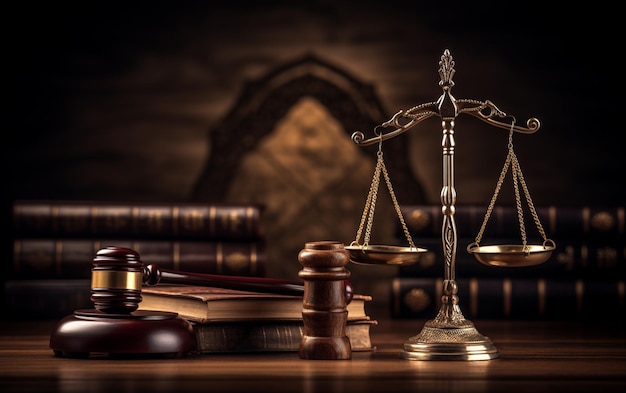The Importance of Witness Statements in Your Case

For example, if you are claiming that a car accident left you with severe back pain and limited mobility but then post pictures of yourself engaging in physically demanding activities like hiking or playing sports, it could be used against you to argue that your injuries are not as serious as you claim. Similarly, posts depicting a happy or carefree lifestyle can also be detrimental to your case. If you are seeking compensation for emotional distress caused by an accident but regularly post pictures of yourself smiling and enjoying life on social media platforms during the same period when you claim to be suffering emotionally, it may cast doubt on the validity of your claims. Even seemingly innocent comments made on social media can come back to haunt you in court. Insurance companies will often try to twist innocent statements into something incriminating. For example, if someone asks how you’re feeling after an accident and you respond with “”I’m fine,”” it could be interpreted as evidence that your injuries were not severe enough to warrant compensation.
It’s important to remember that privacy settings alone cannot protect you from prying eyes during an injury case. Even if only approved friends can see your posts directly on Facebook or Instagram doesn’t mean those posts won’t find their way into court. Defense attorneys can subpoena your social media records, and insurance companies have been known to hire private investigators who can access your posts even if you have strict privacy settings. To protect yourself during an injury case, it’s crucial to be mindful of what you post on social media. Avoid discussing the details of your accident or injuries online and refrain from posting any photos or comments that could potentially undermine your claims. It’s also a good idea to review and adjust your privacy settings to limit who can see your posts. In conclusion, social media has become a powerful tool for gathering evidence in personal injury cases.
Insurance companies and defense attorneys are increasingly using platforms like Facebook, Instagram, Twitter, and Snapchat to find information that contradicts claimants’ assertions of physical pain or emotional distress. Personal injury cases can be complex, requiring thorough investigations to determine liability and assess damages. In recent years, surveillance has become an integral part of these investigations, providing crucial evidence that can make or break a case. truck accident law firm However, the use of surveillance raises important ethical and privacy concerns that must be carefully considered. Surveillance is often employed to gather evidence about the activities and limitations of individuals claiming personal injuries. This may involve monitoring their daily routines, physical abilities, or even social interactions. The goal is to capture footage that contradicts the claimant’s assertions regarding their injuries or level of impairment. One argument in favor of surveillance is its potential to uncover fraudulent claims. Unfortunately, there are instances where individuals exaggerate or fabricate injuries for financial gain.



